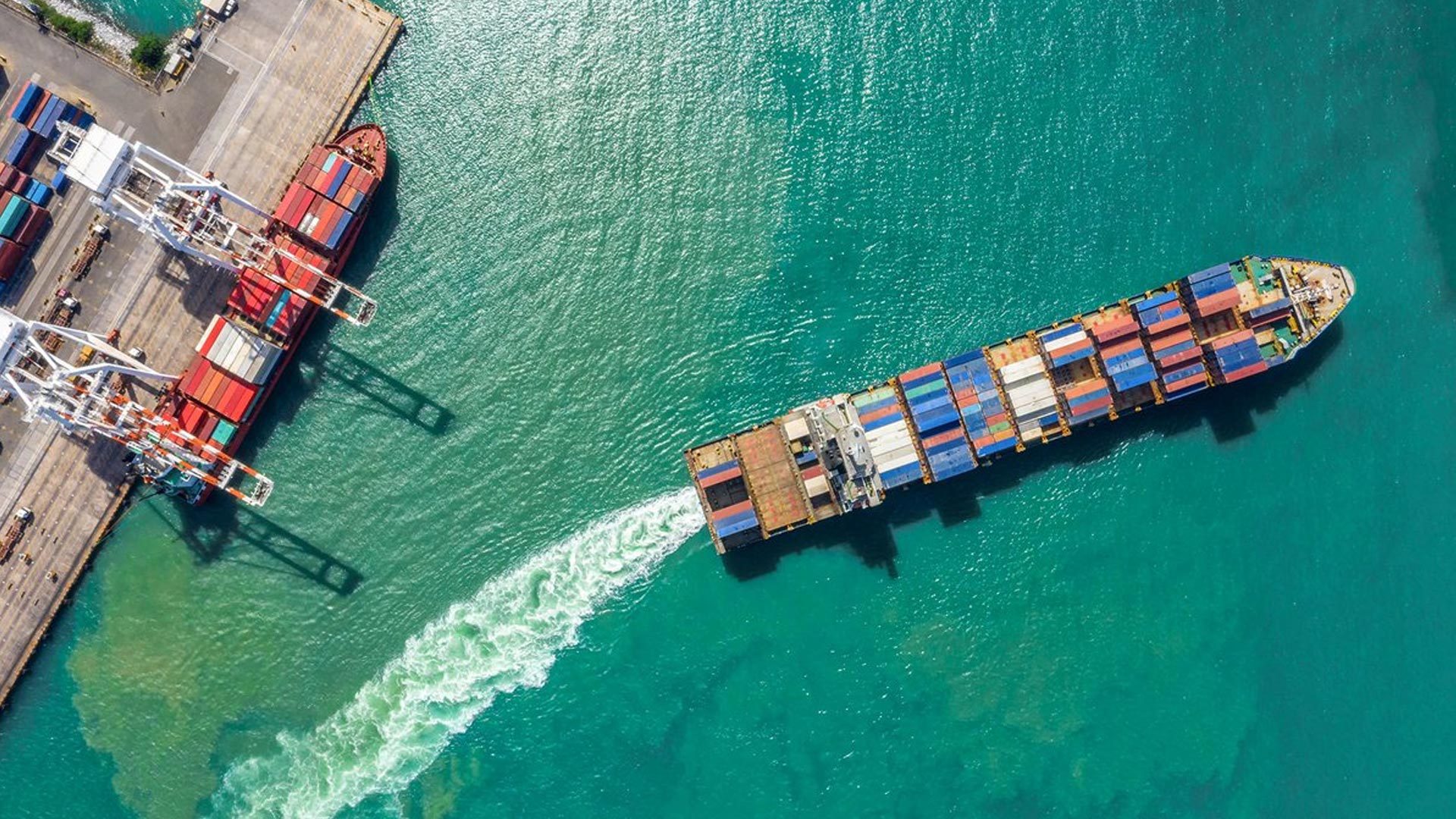Developing economies largely rely on imported consumer goods from the manufacturing industries of industrialized economies through free-trade agreements.
After consumption, goods end-up in local waste streams and landfilled because of poorly developed waste management systems.
This paper proposes a methodology to extend responsibility to exporting country manufacturers for indirect waste disposal in developing countries through imported goods.
It establishes a functional relationship between the weight and volume of the imported goods and the local municipal solid waste stream derived from their consumption, by adapting the recycling concepts of by-product and co-product to the municipal solid waste stream derived from the household sector.
A lexicon is formalized to conceptualize an extended-producer-responsibility information system operating at the global level between exporting and importing countries. This EPR system i) determines the recyclability, reusability and treatability attributes of imported goods based on their constitutive parts (primary package or product), as well as the material value as per the net value in the global waste market and final destination once consumed, ii) defines specific conditions regarding the goods´ materials value and structural configuration of their constitutive parts for inclusion in Free-Trade Agreement clauses, and iii) checks for the fulfilment of these proposed conditions.
The proposed methodology was validated with a case study on Panama. It was found that 24%(w/w)-34.5%(v/v) of valued materials derived from goods imported in Panama through FTAs could be exported back to the country of origin, 18%(w/w)-2.8%(v/v) could be locally reused, and 58%(w/w)-62.5%(v/v) locally valorized. Only 16% (w/w)-16%(v/v) would have to be landfilled.
Rosaria Chifari
2020
Resources, Conservation and Recycling
Torrente-Velásquez, J.M., Ripa, M., Chifari, R., Bukkens, S., Giampietro, M., 2020c. A waste lexicon to negotiate extended producer responsibility in free trade agreements. Resour. Conserv. Recycl. 156, 104711.

